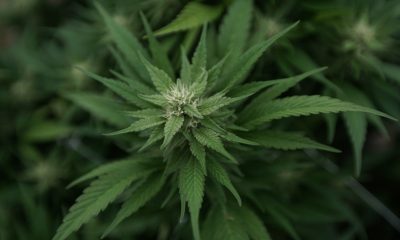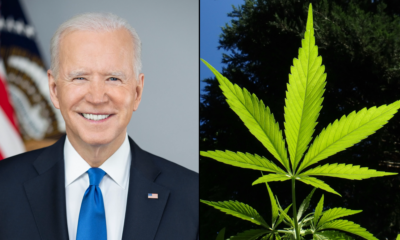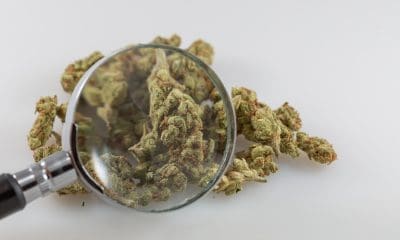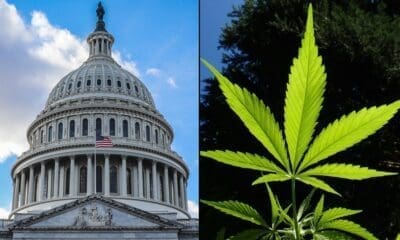Politics
Minnesota House Votes To Create Psychedelics Task Force As Part Of Omnibus Health Bill
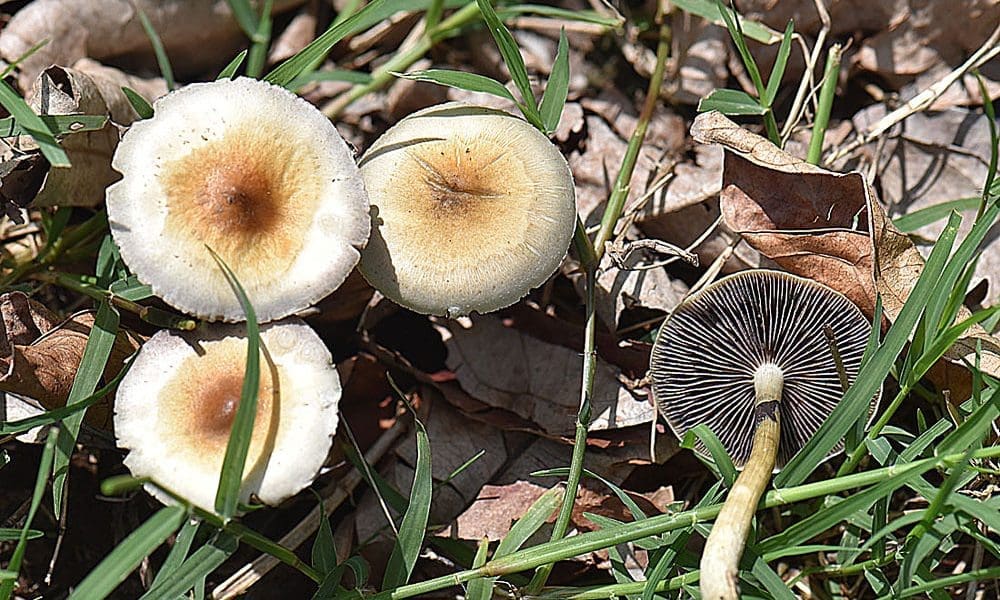
The Minnesota House has passed an omnibus health bill that contains provisions to create a psychedelics task force meant to prepare the state for possible legalization.
The large-scale Senate legislation was amended in the House earlier this month to include language from a standalone psychedelics measure sponsored by Rep. Andy Smith (D). It was further revised in the House Ways & Means Committee this week before clearing the full chamber in a 69-58 vote on Wednesday.
The proposal is expected to move to a bicameral conference committee, where members will reconcile differences between the House and Senate proposals—including the psychedelics provisions that were not previously considered in the Senate—before a final product can be sent to the governor’s desk.
All of this is taking place as Minnesota lawmakers work to enact a marijuana legalization bill. The House version was approved on the floor after 15 committees on Tuesday, and the Senate passed its final panel on Wednesday, sending it to the full chamber where a vote is expected on Friday.
The psychedelics legislation that’s advancing through the broader health bill would establish a Psychedelic Medicine Task Force that would be responsible for advising lawmakers on “the legal, medical, and policy issues associated with the legalization of psychedelic medicine in the state.”
The body would need to “survey existing studies in the scientific literature on the therapeutic efficacy of psychedelic medicine in the treatment of mental health conditions, including depression, anxiety, post-traumatic stress disorder, and bipolar disorder, and any other mental health conditions and medical conditions for which a psychedelic medicine may provide an effective treatment option.”
It would then develop a plan addressing “statutory changes necessary for the legalization of psychedelic medicine” and “state and local regulation of psychedelic medicine.”
As introduced as a standalone bill, the legislation would have required the task force to look at mescaline, bufotenine, DMT, 5-MeO-DMT, 2C-B, ibogaine, salvinorin A and ketamine. But it was amended in committee to focus only on psilocybin, MDMA and LSD.
—
Marijuana Moment is tracking more than 1,000 cannabis, psychedelics and drug policy bills in state legislatures and Congress this year. Patreon supporters pledging at least $25/month get access to our interactive maps, charts and hearing calendar so they don’t miss any developments.
![]()
Learn more about our marijuana bill tracker and become a supporter on Patreon to get access.
—
The bill went through a back-and-forth over provisions related to task force appointments.
As filed in standalone form, it said that the House majority leader and Senate majority leader would each appoint two members of the body. An earlier committee adopted an amendment to let the minority leaders of both chambers each have one of those appointments, bolstering its bipartisan appeal—but that was left out when the measure was first attached to the omnibus legislation. The revised language was added back in during a House Ways & Means Committee hearing last week before passing on the floor.
The proposal in its current form calls for the appropriation of $338,000 in fiscal year 2024 and $171,000 in fiscal year 2025 to fund the task force.
The 23-member task force would have to consist of officials and experts, including the governor or a designee, the health commissioner, the state attorney general or a designee, two tribal representatives, people with expertise in substance misuse treatment, public health policy experts, military veterans with mental health conditions and more.
“The task force shall submit two reports to the chairs and ranking minority members of the legislative committees with jurisdiction over health and human services that detail the task force’s findings regarding the legalization of psychedelic medicine in the state, including the comprehensive plan developed under subdivision,” it says. “The first report must be submitted by February 1, 2024, and the second report must be submitted by January 1, 2025.”
Meanwhile, cannabis reform advocates are awaiting final passage of a marijuana legalization bill in the Senate. There are several differences between the measure and its House-passed companion, so if the Senate passes legalization the bills will likely be reconciled in bicameral conference before being sent to the governor’s desk.
Texas House Passes Marijuana Decriminalization And Expungements Bill, Sending It To The Senate
Photo courtesy of Dick Culbert.




